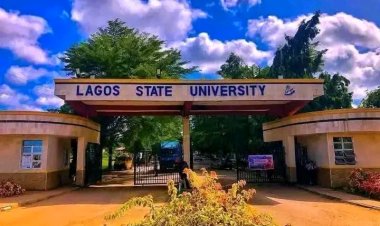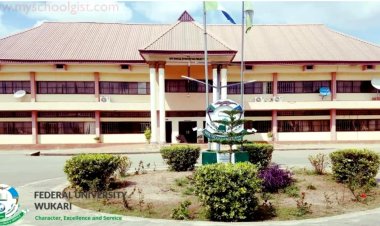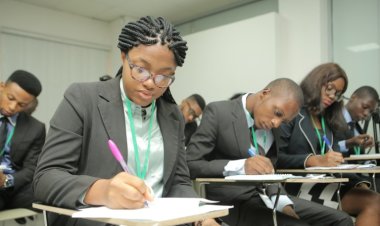Nigerian Professor Rotimi Sadiku Emerges as the World's Top Researcher
Professor Rotimi Sadiku, a renowned Nigerian polymer scientist and member of the Ogidi Ela Forum, has been recognized as the world's top researcher after an assessment of 380 researchers at Tshwane University of Technology, Pretoria, South Africa.

In a remarkable achievement, Professor Rotimi Sadiku, a distinguished polymer scientist and a prominent member of the Ogidi Ela Forum, has been recognized as the number one researcher globally. This accolade comes after a rigorous evaluation of 380 researchers at Tshwane University of Technology in Pretoria, South Africa.
For the past 20 years, Professor Sadiku has dedicated his career to teaching and conducting groundbreaking research at Tshwane University. His exceptional contributions have earned him a significant place in the academic community, as reflected in the latest AD Scientific Index 2025, coordinated by Elsevier Publishers and Stanford University.
According to the AD Scientific Index, Professor Sadiku ranks 154th among 19,145 researchers in South Africa and 262nd among 170,834 assessed across Africa. On a global scale, he ranks 46,951 out of 2,400,171 researchers, placing him within the top two percent of researchers worldwide.
The AD Scientific Index is a comprehensive database that evaluates scientists based on their scientific performance and publication metrics. It assesses various factors, including H-Index (a measure of research productivity and citation impact), total citations, number of publications, international collaborations, and overall scientific output. The index aims to promote transparency in scientific research, identify leading researchers and institutions, facilitate collaboration, and support informed decision-making in research policy.

 Chris Oyeoku Okafor
Chris Oyeoku Okafor 



